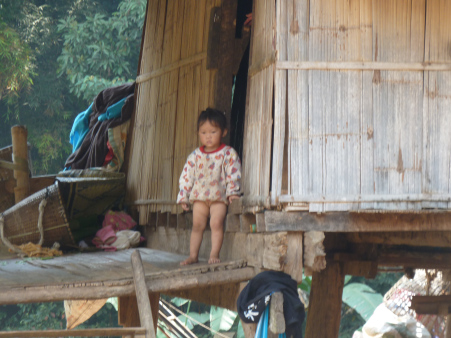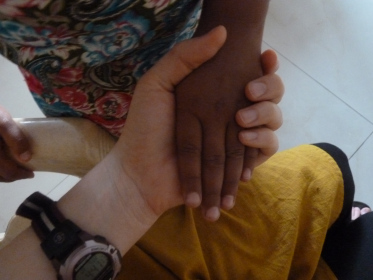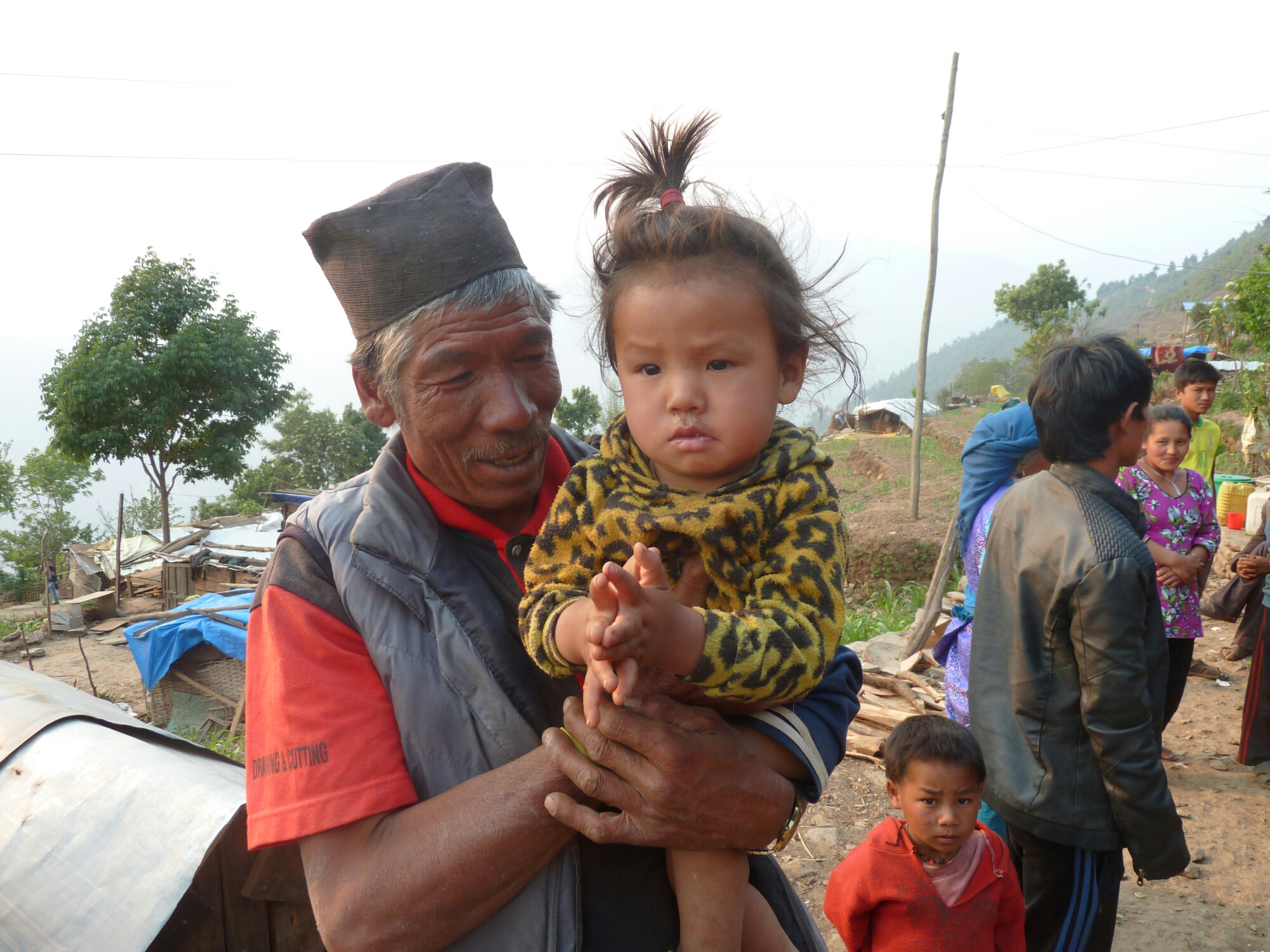
I am in Bangkok!
After departing Wednesday in Colorado, I arrived in the middle of the night on what was Friday here. Bangkok is a bustling city it turns out and the tourism (and influence thereof) is most evident. Brightly lit billboards litter the sky while street cats win over the locals (more-so than dogs it seems). Sex-work is not taboo one bit and I think everything here is from China, including the food, sadly. However, today I am moving to the countryside to stay for most of the rest of my time here (aside from a week in Kanchanaburi and another week+ in Chiang Mai, also possibly Mae Sot). There will be vegetable gardens to pick from and quiet, much, much quiet, or so they allude.




The journey to Thailand was mostly uneventful, you know – delay here, jet lag there, and viola! Today we began our work with a day-long course for Public Health Workers, a mixture of Catholics, Buddhists, and Muslims all working in various health fields. Dr. Rabia Elizabeth Roberts (who I am here working with) walked them through the practice of Bearing Witness including mindfulness practice and the art of deep listening. I first learned this practice at Naropa University with Fleet Maull, who learned it from Roshi Bernie Glassman. Rabia, on the other hand, first learned this practice from Martin Luther King in Selma, Alabama when she was in her late teens.
Speaking of him, today is Martin Luther King day (nearly ending for me but just beginning for YOU since I am in Thailand and 14 hours ahead!) As such, I got to ask Rabia some questions about her work with him. She started by talking about two distinct expressions of service work. “One,” she says, “is like the work that WE do where we go into impoverished and oppressed communities and give them tools to help them recover and work to restore empowerment to the people. Everyone really values this kind of service and people who work in these fields are given much praise. This is like Mother Theresa work; it is very hands on and quite accepted among all classes and cultures.”
“But,” Rabia acknowledges, “this work comes at the end of the very long chain of happenings that put these people into this situation. The other type of service,” she continues, “works with the structures that hold the oppression in place and actually begin this chain of suffering. And these people are hated by many and their work is often not valued either, especially publicly – until long after they are gone. And that was Martin Luther King, hence his assassination. He had a very difficult life.”
I often wonder about this notion: where does a particular service land in the chain of suffering? And where SHOULD we be focusing our work?
(That word is trouble and I know it…I am sharing it so that you can also see my traps.)
We can’t all be working to break down the structures or else there would be no one on the ground to carry food and water or to deliver babies in trouble or what have you. And by the time the structures were re-organized (if ever they become dismantled!) there would have been so much trauma and devastation that recovery would take a significant amount of time and resource for the communities (and some countries I dare say are already experiencing this…).
But if all of us were to become hands-on service workers, then the structures that create this type of violence, poverty, and oppression would go untouched and nothing would change the system – EVER.
So, it goes to show how much we need IT ALL at a time like this. All kinds, all types, all times. We need the people out on the streets just as much as we need the people at their desks.
Then the question becomes: how do we know what service would be most helpful to a particular population or community? That is where Bearing Witness becomes a necessity.
Often us Service-Oriented Folk (my personal and unique terminology 🙂 ) can get caught in a very sticky trap of thinking that WE KNOW what someone else needs. Tricky territory we enter with that one! Truth be told, I think we go there because that is the safest place to be in our minds and in our egos….. whereas the scariest place I find is actually to…
BE in your heart,
FEEL the suffering of another two, four, or more-legged,
and to ADMIT that we don’t know.
S-C-A-R-Y!!!
Bearing witness is a practice that allows us to simply be human and to listen deeply to another suffering individual. To take them in with all of our senses. With no agenda, no judgement, only heart. To admit that “We don’t know” but that we are willing to show up anyway. Naturally, this practice leads to action. But from a heart-centered place…not an egoic place.
That was what our first full day of teaching was about. And to an amazing group of already socially active public health workers, young and old.
(Each of us with our very own translators, wow!)
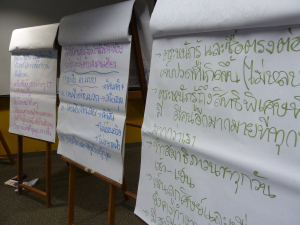
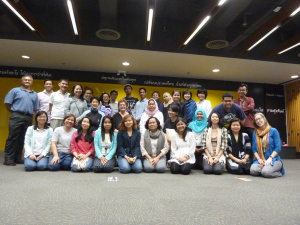
I hope you take some time off today in honor of M.L.K. and perhaps practice Bearing Witness with yourself for starters (especially if you have never practiced this before!) Bear witness to the part of you that suffers. Listen to his or her needs, concerns, desires. And please listen deeply, without judgement, without agenda. Be shameless! Go for it! And close your practice by sending love to this part of you today (and always!).
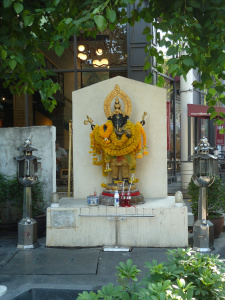
Side note: Martin Luther King used to say to Rabia and the scores of young activists who came out to support his vision, “what are your core values? Do you know? If you don’t know, look inside your checkbook because how you choose to spend your money will tell you.”

